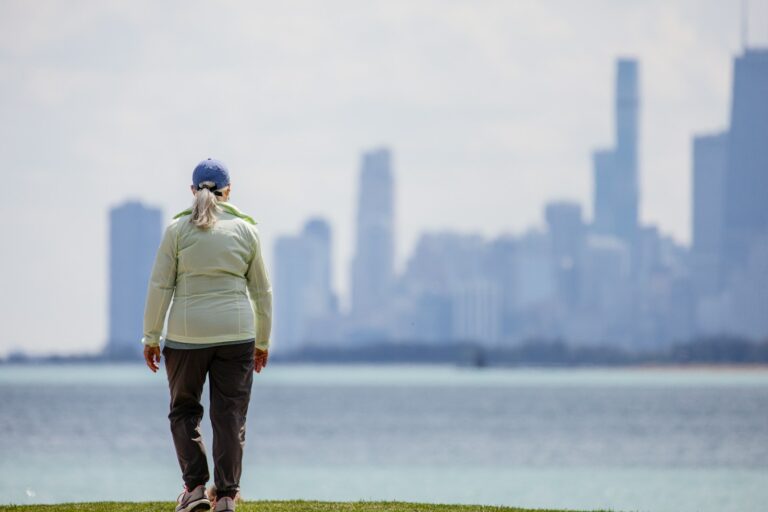Samuel Hahnemann is the father of Homeopathy, a man…. a doctor who lived in Germany in the late 1700’s. He didn’t, however, practice medicine because for him its ways were barbaric as these were the days of bloodletting. So, he translated medical texts because he spoke several different languages. It was while translating that he came across a Robert Cullen’s Materia Medica. He was translating it into German and became curious about Cullen’s assertion that Cinchona bark was a specific for malaria because it was a tonic for the stomach. He ended up taking a bit of the bark himself, observing that he produced the broad symptoms of Malaria. He reflected on all he knew about medicine and about Paracelsus’ and the old therapeutic maxim of “like cures like”.
From there he went on to experiment with a following of students and to develop the practice of Homeopathy based on this overarching principle of “like cures like” or similia similibus curentur. He also discovered that the dosage was important. Many of the substances utilized were poisons. How do you reap the benefits without killing the patient?
And thus, the principle of the “minimum dose” was born. Oh, sure he experimented with it, and what he found was that the more minute the dose the more profound the results. In fact, he discovered that the best remedies were ones that went beyond Avogadro’s number, meaning the best remedies were the ones that had no substance left in them.
Here we are in the realm of “things not seen”.
Interesting.
The other thing about homeopathy is that it is in the realm of things not done. I joke with my clients that the best remedies are the ones that seem as if they have done nothing. And that’s because symptoms go away, and you come back to yourself. I take good notes for this reason.
“How are your headaches?”, I ask.
“Oh, did I tell you that I have headaches? Come to think of it I haven’t had any since the last time we talked.”
It becomes difficult to get any recognition as a homeopath because if I am doing my job right people’s symptoms go away and they forget a remedy may have helped.
On the other hand, sometimes the changes are so dramatic that you can’t help but sit up and take notice.
My first remedy was for a sinus infection. Something that I used to have quite chronically.
This was my first encounter with a homeopath:
She said, “take this remedy, and if your sinus infection isn’t gone in 24 hours take this other remedy.” I thought she was crazy. After all, I would often be on antibiotics for weeks for an infection to clear.
Guess what? It was gone in 24 hours. It made me sit up and take notice.
But what I most love about homeopathy is that it leaves no footprint. There are never any side effects because if it’s not the right remedy it most often just “misses you”. It’s not on the same wavelength or frequency. And the right remedy just brings you back to yourself. And who doesn’t want to be more of themselves?
Any dis-ease tells us something about our state, or what might be going off track in the body. It can take some subtle awareness. Most often we don’t even pay attention until we are wacked on the backside of our heads (so to speak) and we are faced with pain, infection or inflammation.
You may wonder about how homeopathy works for acutes epidemics and pandemics, perhaps novel viruses? Well, it does. There is evidence that those who used it in the 1918 Spanish Flu pandemic survived far better than those who did not. I have a teacher in Africa using homeopathy in the Aids epidemic over there with great success. And me? I’ve seen some novel virus cases at the beginning of symptoms, and I have given remedies. What happened? Nothing. The body system reordered itself and all clients have gone on with their lives.


